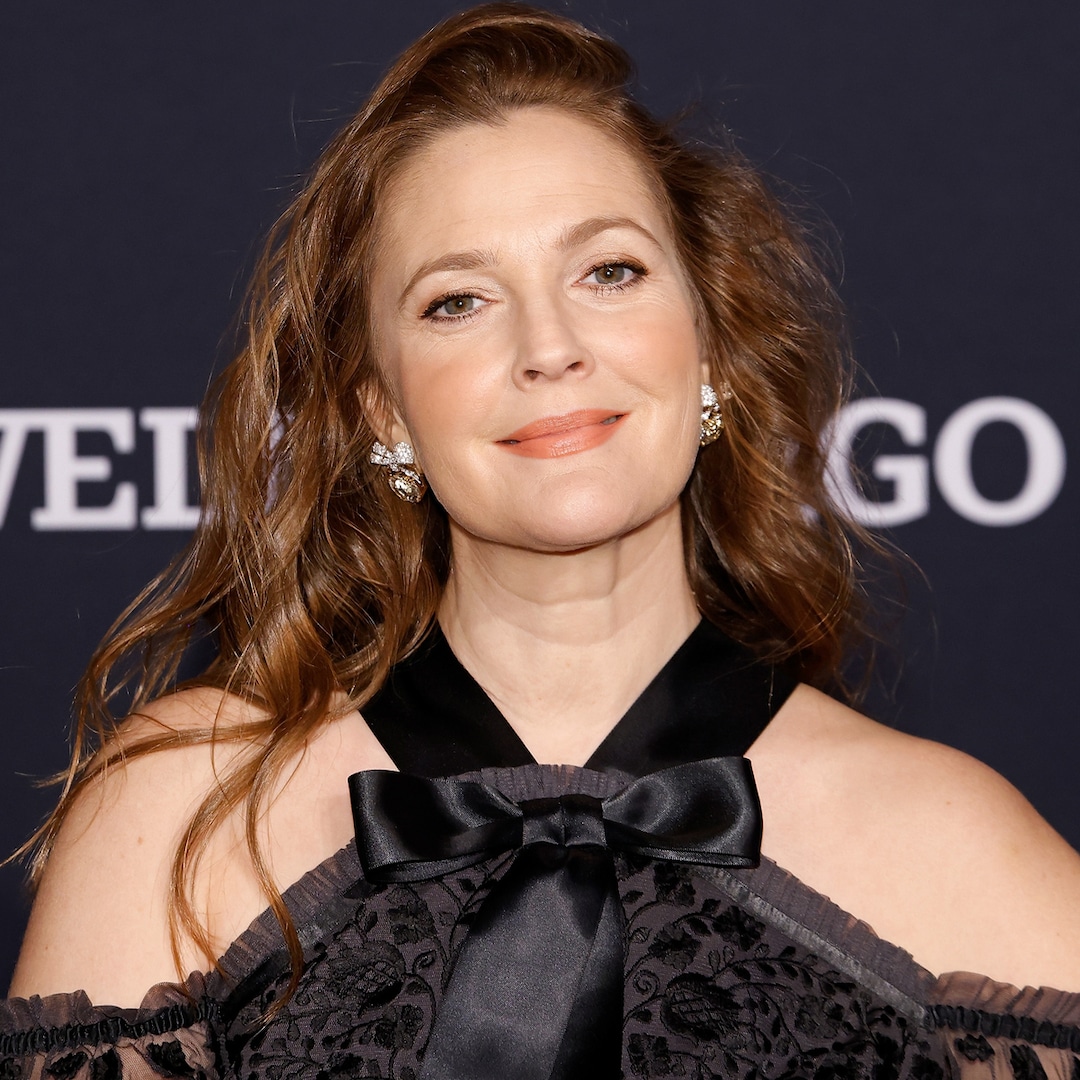
“I weighed the scales and I thought if we could go on during a global pandemic, and everything that the world experienced through 2020, why would this sideline us?” she explained. “So I want to just put one foot in front of the other and make a show that’s there for people regardless of anything else that’s happening in the world because that’s when I think we all need something that wants to be there being very realistic in very realistic times. So that is my why.”
Barrymore emphasized that she’s taking sole responsibility for the show’s return—even amid backlash.
“I don’t exactly know what to say because sometimes when things are so tough, it’s hard to make decisions from that place,” she added. “So all I can say is that I wanted to accept responsibility, and no, I don’t have a PR machine behind this. My decision to go back to the show. I didn’t want to hide behind people, so I won’t. I won’t polish this with bells and whistles and publicists and corporate rhetoric. I’ll just stand out there and accept and be responsible.”
Barrymore first addressed her show’s return in an Instagram statement Sept. 10. “I want to be there to provide what writers do so well, which is a way to bring us together or help us make sense of the human experience,” she wrote. “I hope for a resolve for everyone as soon as possible. We have navigated difficult times since we first came on air. And so I take a step forward to start season 4 once again with an astute humility.”
In response, WGA criticized the decision, calling Barrymore’s talk show a “WGA covered, struck show that is planning to return without its writers.”
“The Guild has, and will continue to, picket struck shows that are in production during the strike,” their Sept. 10 statement shared to X, formerly known as Twitter, read. “Any writing on ‘The Drew Barrymore Show’ is in violation of WGA strike rules.
